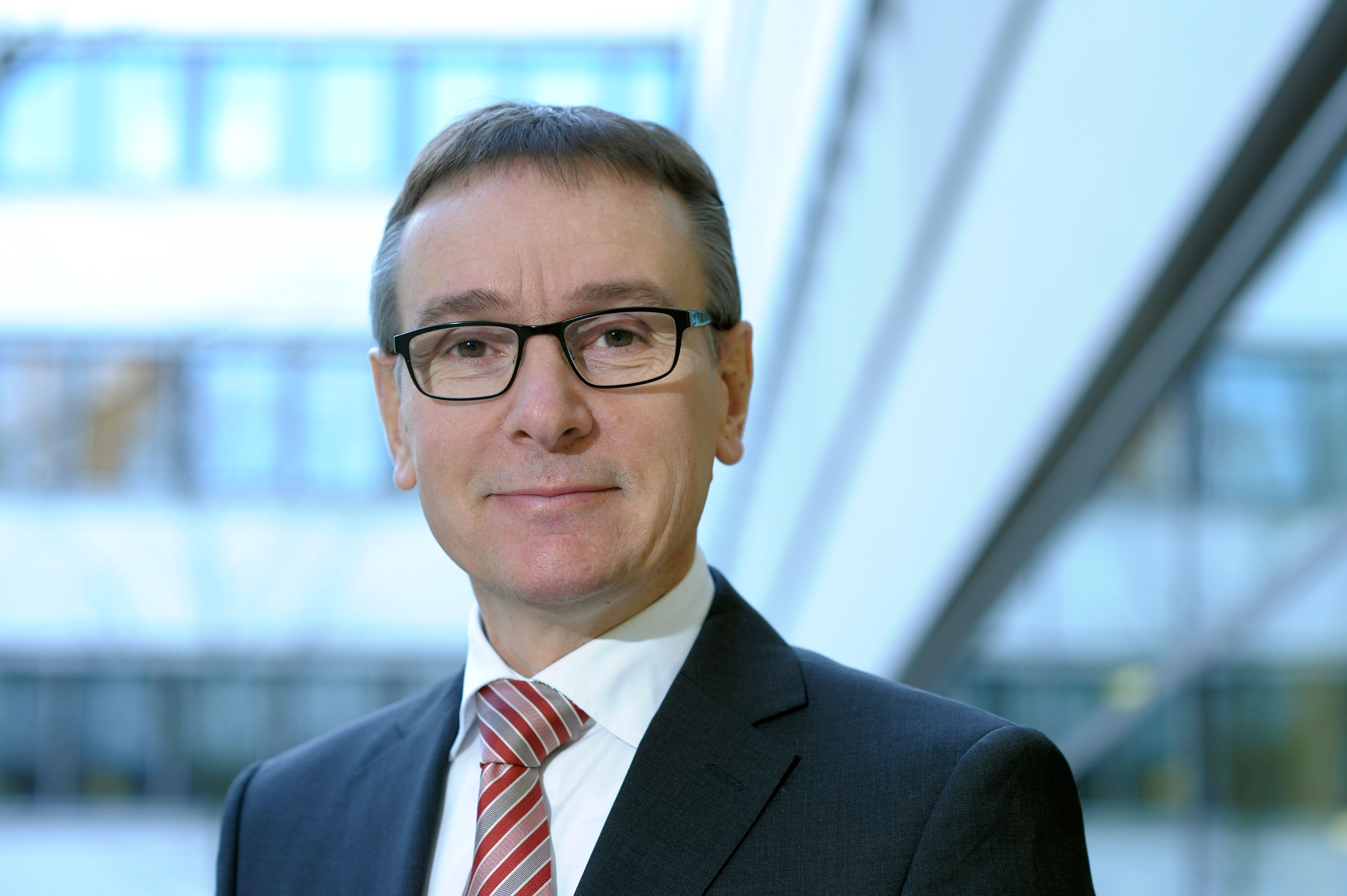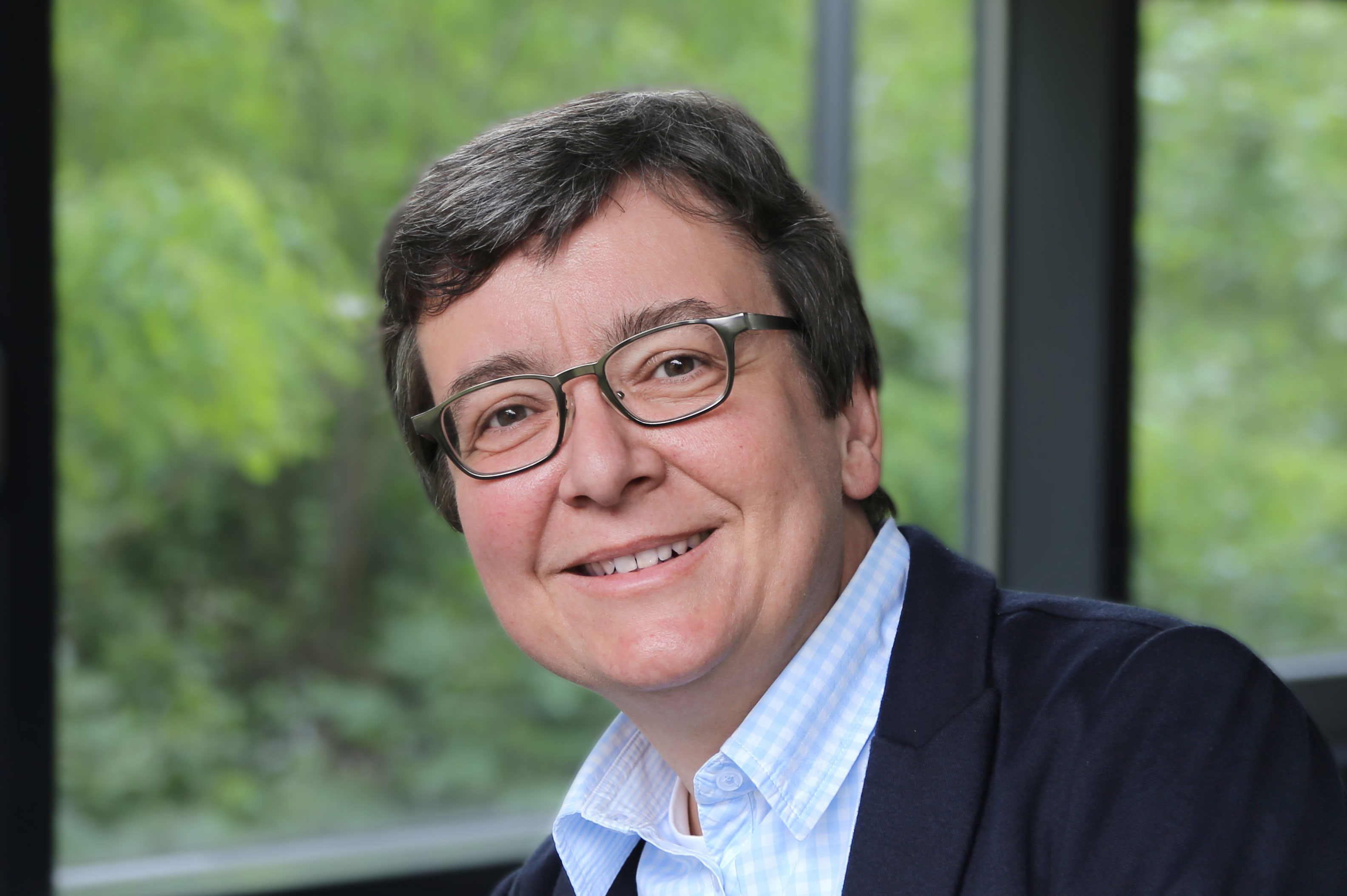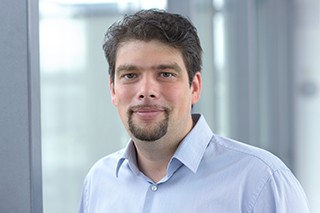WDT - Weiterbildungszentrum Digitalisierung und Transformation
WDT-Program
Leading Digital Transformation
Leading digital transformation requires both an understanding of technologies driving the change, as well as the ability to lead the organisational transformation. A robust business model that is built on top of the technology is therefore the key to digital transformation and sustained value creation. The companies can choose to develop new technologies with the customer needs in mind or build a product/services and a business model with improvements to existing technologies. What approach should one adopt? This programme opens one’s mind to the different possibilities and provides a framework to analyse and come up with a blue print.
This programme has been conceived, designed and developed by IIMB in cooperation with FAU and Fraunhofer IIS to address the question of building transformational business models using technological advances.
Key takeaways
The program is structured around 5 key pillars:
- The technology behind Digital Transformation: Participants get an insight into various disruptive technologies at the core of digital transformation.
- Value creation through Innovative Business Models: This module will focus on how to build value around some of the underlying technological building blocks, including cocreation and open innovation methods.
- Intrapreneurship: Case studies on how large and mature organizations have created entirely new lines of business by setting up a new culture of innovation and intrapreneurship.
- Business Modeling: Participants would create a business model to lead digital transformation in their own companies.
- Strategic thinking and leadership: Developing strategic thinking and the ability to lead self and others through complexity and change.




Industrial Training Course on Mathematical Optimization
The course teaches the foundations of mathematical opti-mization with a special focus on the solution of planning problems from an industrial environment. It gives planners all the necessary tools to formulate and solve optimization tasks as mathematical models, covering both linear and integer problems. At the hand of many practical and detailed examples, the participants learn to build optimization models for problems occurring in logistics and transport, production, energy systems, telecommunication and many further contexts.
Key takeaways
- An extensive hands-on training programme in optimization methods, given by Germany-wide leading experts in the field, oriented at the productive use, both within large and small companies
- Mathematical modelling and algorithmic solution of optimization problems with a special emphasis on the use of state-of-the-art optimization software tools
- Rich networking opportunities with FAU, Fraunhofer experts in the optimization of processes in logistics, production, energy systems and telecommunication

